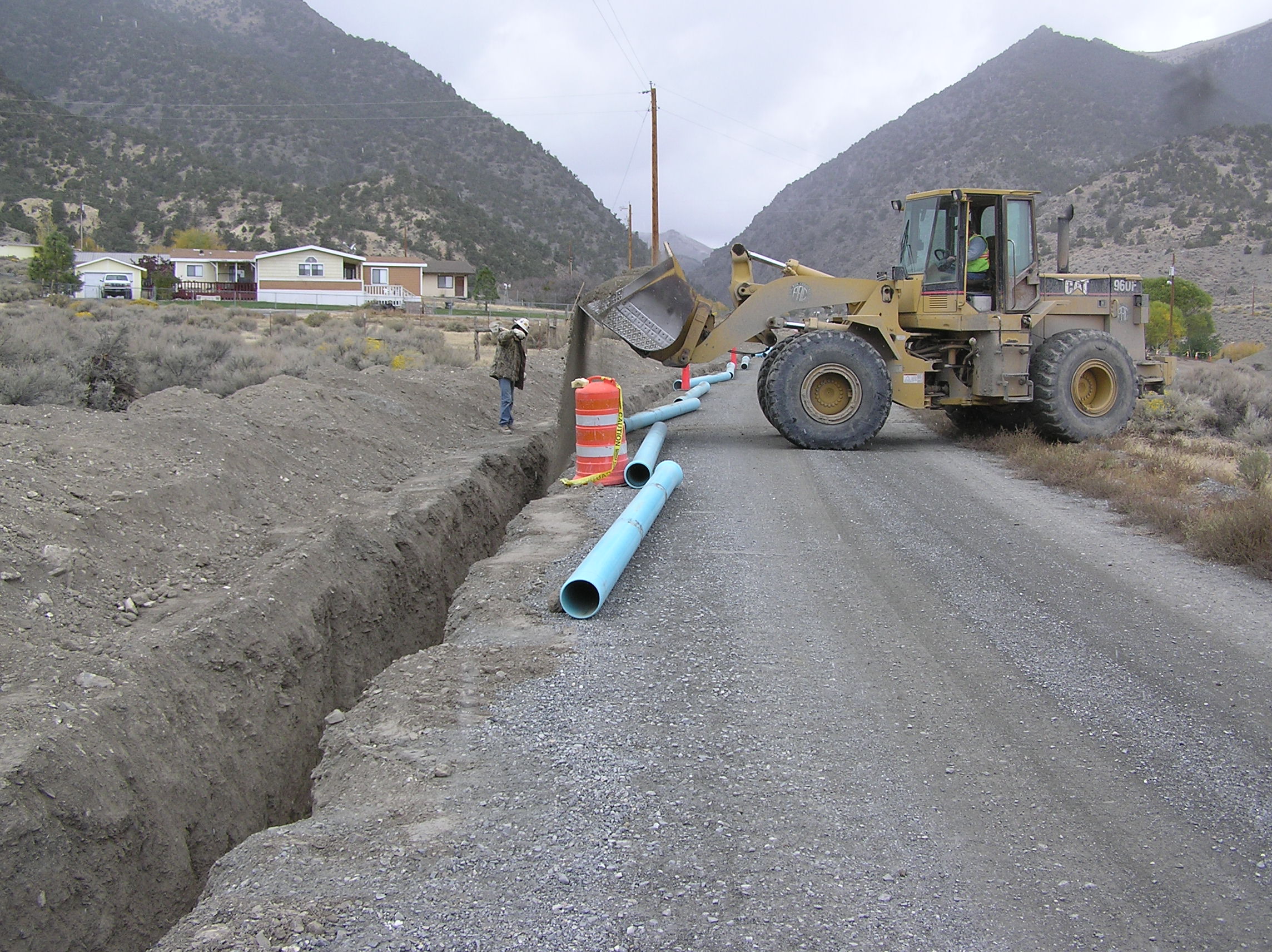Who & What is eligible
What Non-Construction Expenses Are Eligible?
What Types of Projects Are Ineligible?
Who is Eligible?
Grants may be made to purveyors of water (political subdivisions of this State including, without limitation, a city, county, unincorporated town, water authority, conservation district, irrigation district, water district, or water conservancy district) which
1. were in existence on January 1, 1995, and
2. are currently publicly owned or privately owned not for profit
Grants are for costs of capital improvements to those publicly owned community water systems and publicly owned nontransient water systems. Grants may also be made to eligible recipients to pay for the cost of improvements to conserve water.
In making its determination of which purveyors are to receive grants, the Board for Financing Water Project gives preference to those systems regularly serving less than 6,000 people.
What Projects Are Eligible?
The water infrastructure grant program was created to provide funding for improvements required to comply with State and Federal drinking water standards. As such, the types of projects that have been funded to date include:
- Water treatment facilities, and necessary intake structures, pumping plants and transmission line work;
- Replacement of leaky distribution and transmission lines;
- Replacement of undersized pipelines as needed to maintain positive pressure during periods of peak domestic use;
- Elimination of deadend distribution lines (completion of line loops);
- Spring rehabilitation as needed to comply with Surface Water Treatment Rule;
- New well and pump installation as needed to replace poor quality water sources, and to provide a backup well under certain circumstances;
- Storage tank rehabilitation or replacement as needed to eliminate leaks and structural problems, and provide essential storage for domestic purposes;
- The addition of water meters;
- The addition of fire hydrants;
- Piping or lining of an irrigation canal;
- Recovery or recycling of wastewater or tailwater;
- Improving the efficiency of irrigation operations; and
- Improving the efficiency of the storage of water.
Priority is given to project elements proposed as solutions to compliance problems and/or to eliminate health threats associated with the system.
What Non-Construction Expenses Are Eligible?
In general, costs traditionally associated with the design and construction of capital improvements are grant eligible. Costs associated with the following items are generally eligible:
- Letter of Intent and Grant Application preparation;
- Preliminary Engineering Reports (PERs) for the eligible part of a project;
- Engineering Design and Construction Management;
- Land acquisition for required facilities;
- Contingencies; and
- Legal and administrative fees
In order for any of these costs to be paid by the State, there must be a grant awarded for an eligible capital project or a grant for a specific part of a capital project (e.g., a PER, Engineering Design and Permitting, etc.)
What Types of Projects Are Ineligible?
- Installation of new pipelines as needed to serve customers not currently connected to the water system;
- Expansion in supply and transmission capacities to meet future growth

